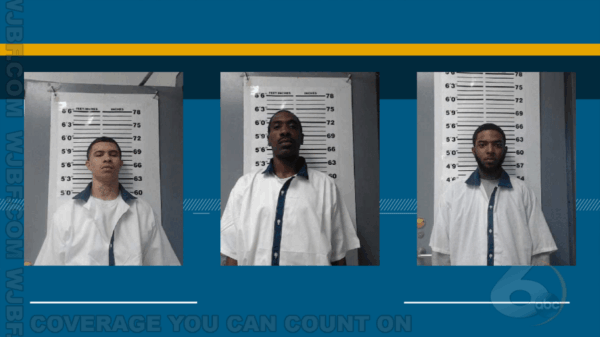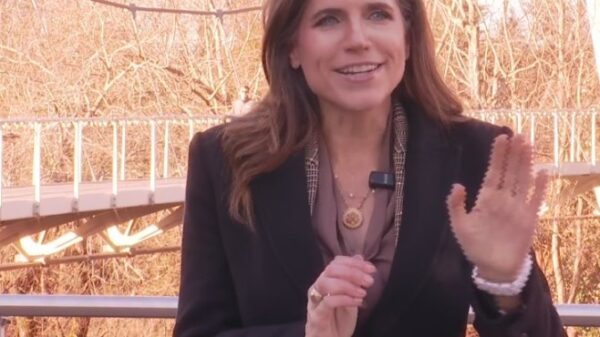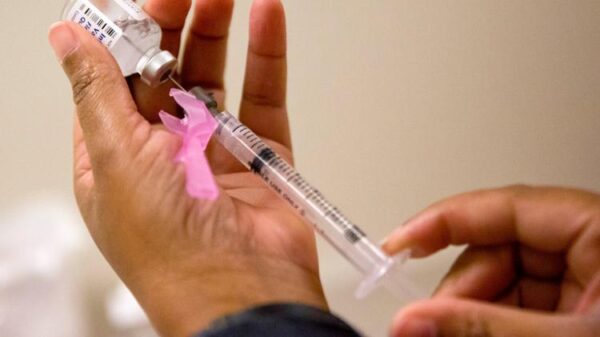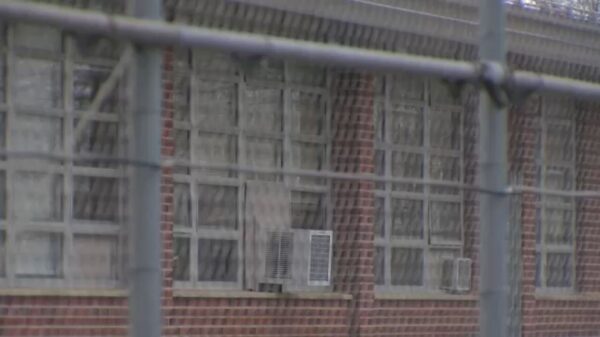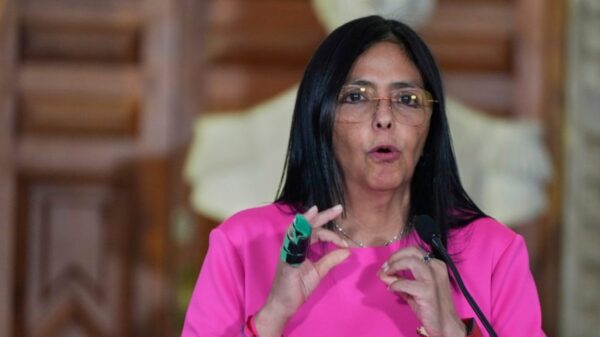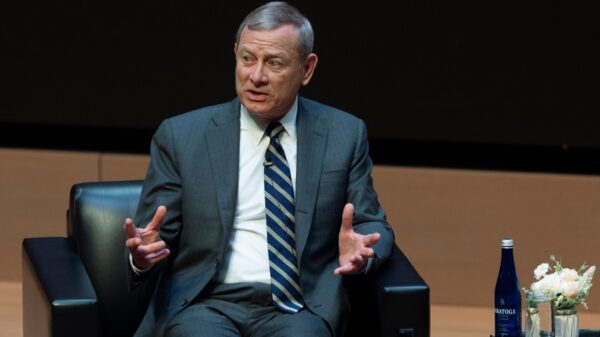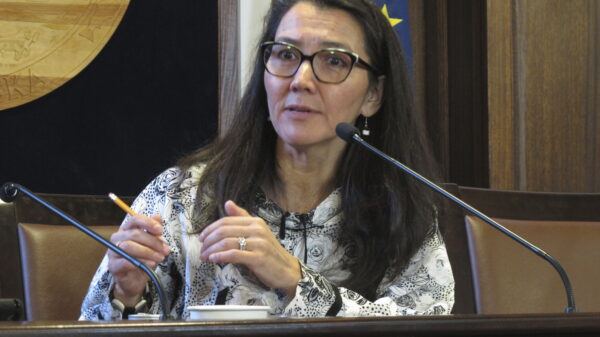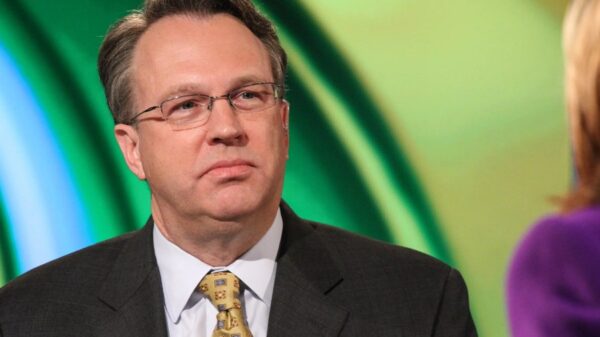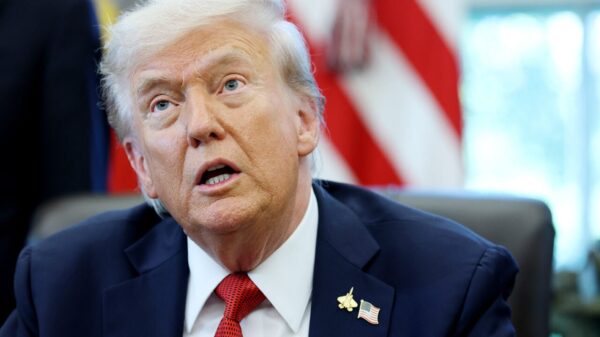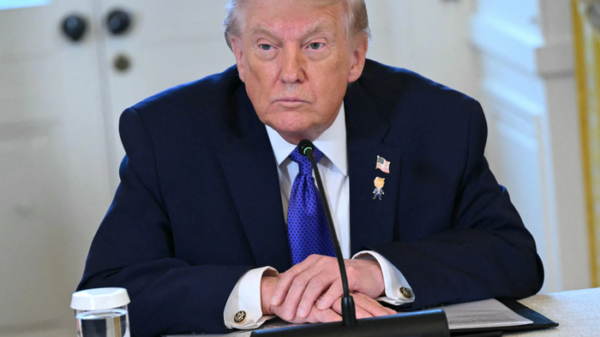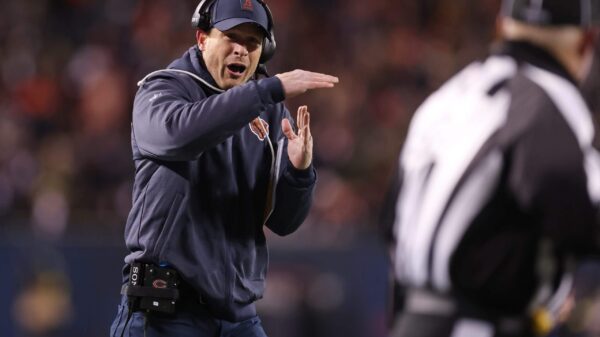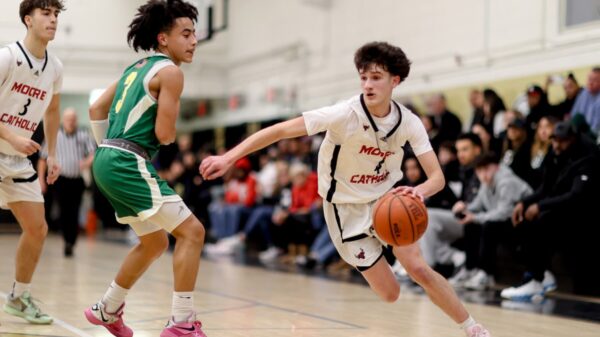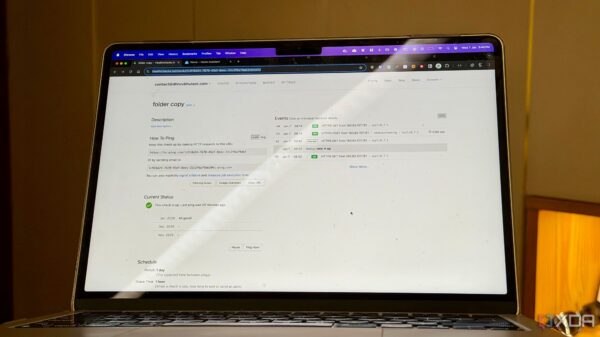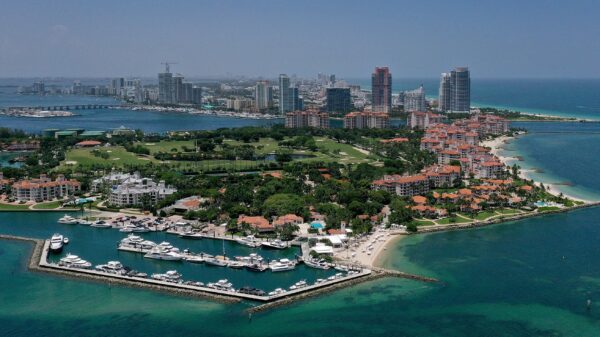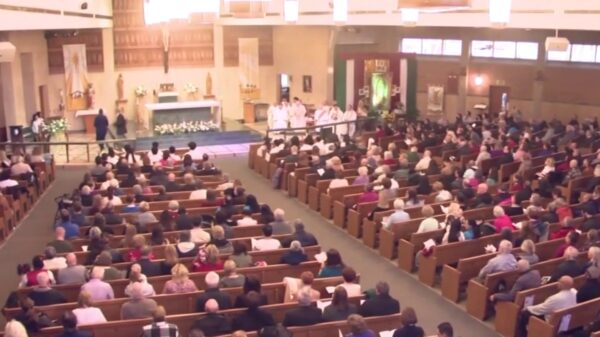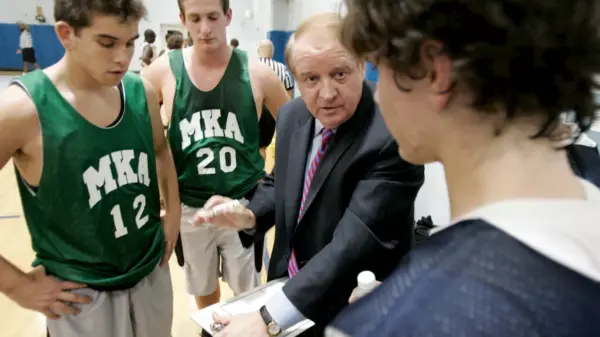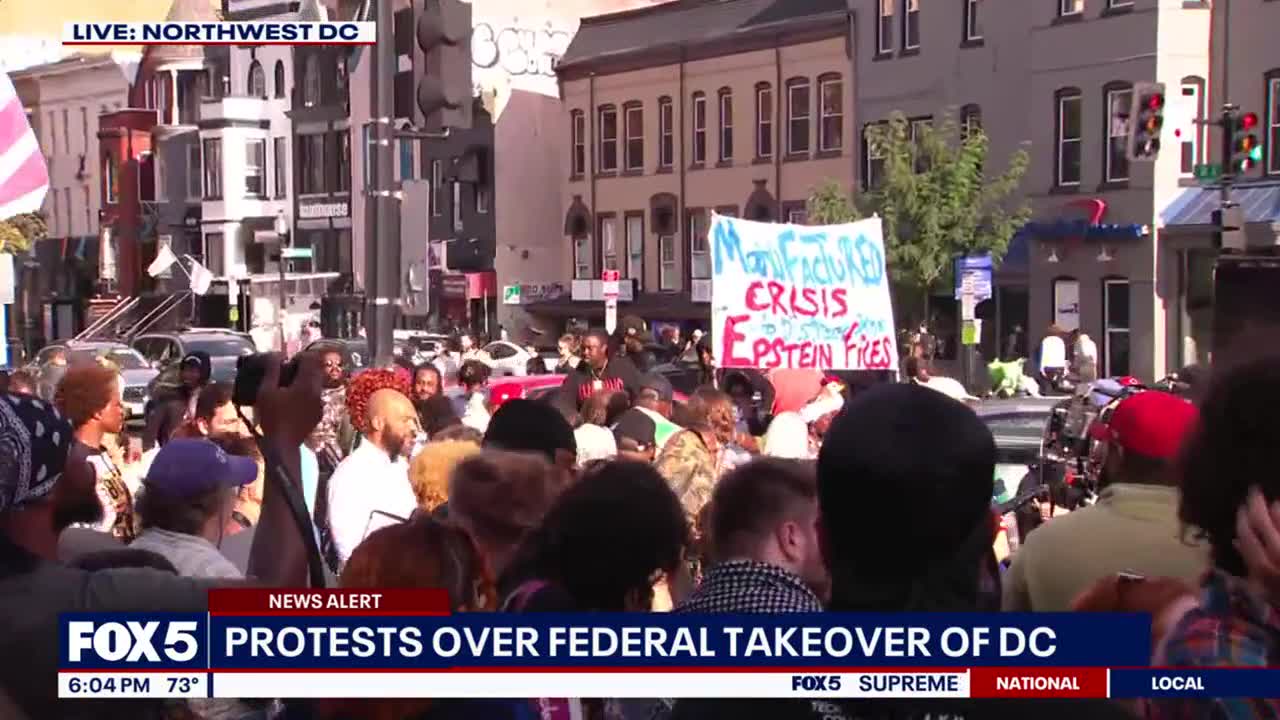President Donald Trump announced plans to direct federal law enforcement intervention in Chicago and Baltimore. This decision comes amidst ongoing protests in Washington D.C., where residents are pushing back against the Trump administration’s actions. Although the president did not specify when the intervention would take place, his intention to deploy federal resources has raised significant concerns among local officials and residents.
During a press briefing on Tuesday, reporters in the Oval Office pressed Trump on whether he would send National Guard troops to Chicago. Trump responded affirmatively, stating, “We’re going in,” while emphasizing that he had not yet determined the timing. He asserted that he has “an obligation to protect this country, and that includes Baltimore,” reflecting his broader strategy to increase federal presence in cities experiencing unrest.
Earlier this month, Trump federalized the capital’s police force and deployed National Guard troops to Washington D.C., actions that have drawn scrutiny from various quarters. He has expressed a desire to replicate this approach in cities across the nation, particularly those led by Democratic officials.
In response to Trump’s plans for Chicago, Illinois Governor JB Pritzker voiced his opposition. He has publicly criticized the idea of federal intervention, suggesting it undermines local governance. Despite this, Trump reaffirmed his commitment, stating, “Now, we’re going to do it anyway. We have the right to do it.”
As tensions continue to escalate, protests are expected to persist, with increased activity anticipated in the coming days. The situation reflects a growing divide between federal authorities and local governments, particularly in areas grappling with social unrest and calls for reform.
The information presented here has been sourced from reputable outlets including the Associated Press, NBC News, and prior reporting from FOX 5 D.C.. As developments unfold, the dynamics of federal and local authority will likely remain a focal point in the ongoing discussions surrounding law enforcement and community relations.


